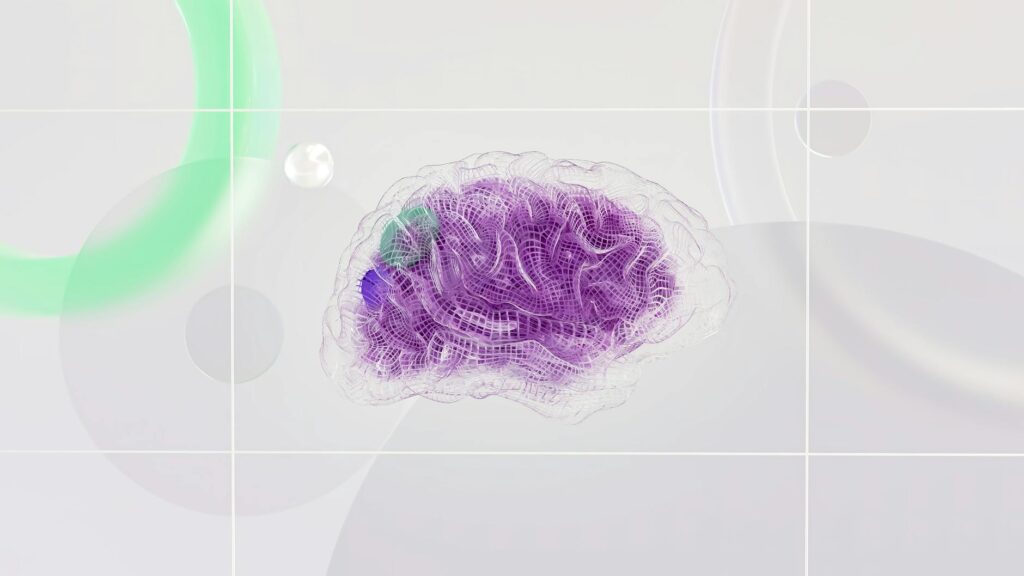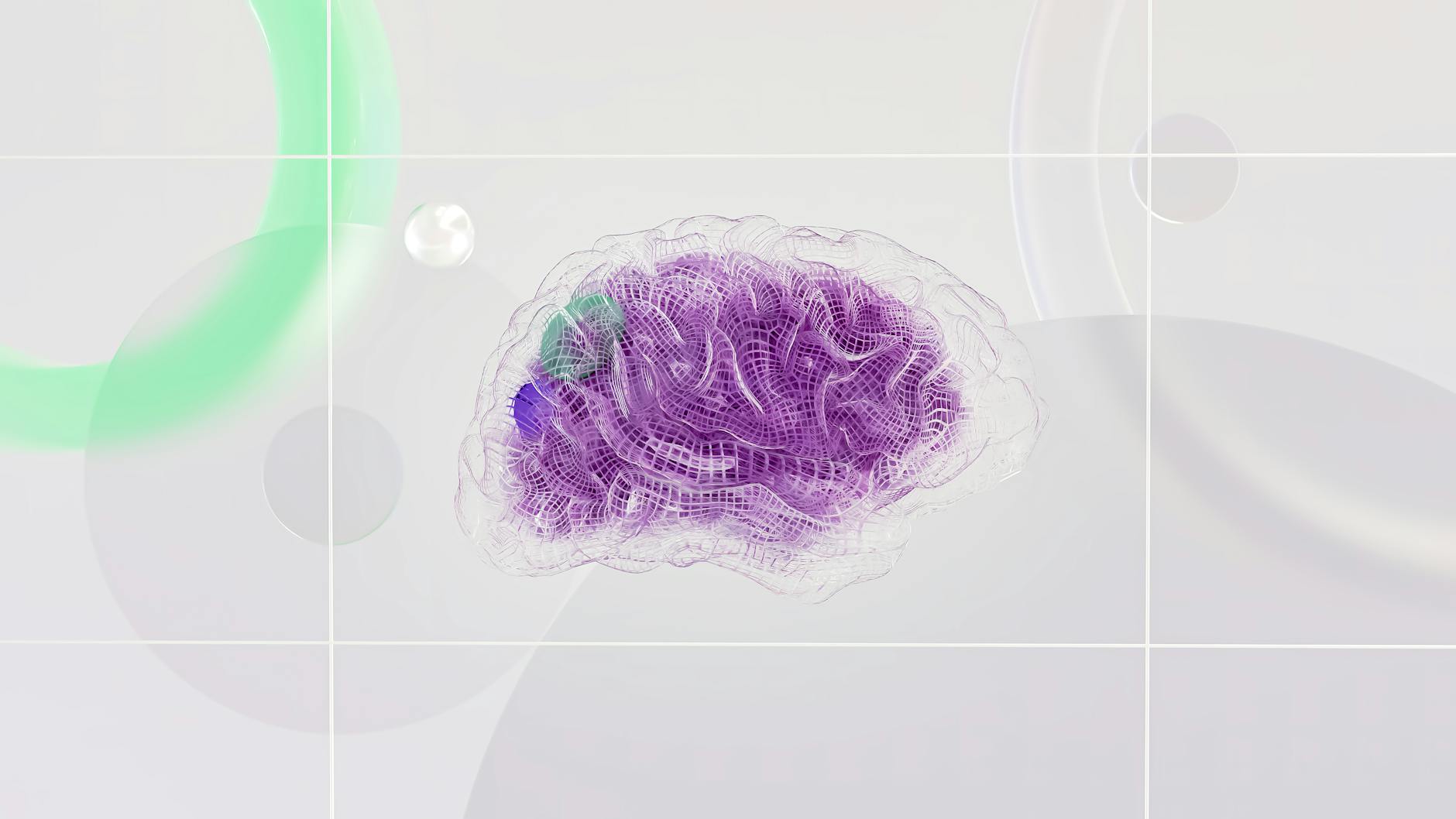What is rewiring brain?

What is rewiring brain?
Rewiring the brain is a fascinating concept that refers to the brain’s ability to change and adapt throughout a person’s life. This process is linked closely to the principle of neuroplasticity, which allows us to modify our habits, thought patterns, and behaviors. Understanding how to effectively rewire our brains can significantly enhance our personal development, boost productivity, and help us cultivate healthier habits.
Understanding the Brain’s Neuroplasticity
Neuroplasticity is the brain’s remarkable ability to reorganize itself by forming new neural connections. This adaptability enables the brain to adjust to experiences, learn new information, and even recover from injury.
Definition of Neuroplasticity
In simple terms, neuroplasticity is the brain’s capacity to change its structure and function in response to what we learn and experience. This ability means that no matter how old you are, your brain is continually reshaping itself. This concept is crucial to understanding how rewiring the brain can help foster personal growth. For a deeper dive into this topic, feel free to explore resources like Neuroplasticity – StatPearls and Psychology Today.
Types of Neuroplasticity
There are two main types of neuroplasticity: functional and structural.
-
Functional neuroplasticity refers to the brain’s ability to move functions from damaged areas to undamaged areas. For instance, if one part of the brain is injured, another part may take over its function.
-
Structural neuroplasticity involves the physical changes in the brain’s structure as a result of learning and experience. This can include the strengthening of synapses or the creation of new neurons, enhancing overall cognitive function.
Techniques for Rewiring the Brain
Various methods can help facilitate the process of rewiring the brain, allowing individuals to cultivate new habits, improve emotional regulation, and enhance their overall well-being.
Mindfulness and Meditation
Engaging in mindfulness practices can significantly impact brain rewiring. Mindfulness and meditation encourage being present, reducing stress, and enhancing focus. Studies have shown that consistent mindfulness practice can actually change brain structure, increasing the size of areas associated with emotional regulation and decreasing the activity of the amygdala, the brain’s stress center. Check out the insights on mindfulness for your health for more information.

Photo by Google DeepMind
Cognitive Behavioral Therapy (CBT)
Cognitive Behavioral Therapy (CBT) is a highly effective method for rewiring the brain. This therapeutic approach helps individuals identify and challenge negative thought patterns, replacing them with healthier alternatives. Techniques such as cognitive restructuring encourage you to reframe negative thoughts and view situations from a more balanced perspective. For a comprehensive understanding of CBT techniques, refer to Healthline’s CBT Techniques.
Habit Formation Strategies
Building new habits is essential for rewiring the brain. The 21/90 rule is a popular strategy that suggests it takes 21 days to create a habit and 90 days to make it a permanent lifestyle change. By consistently repeating a behavior in the same context, you can form new neural pathways, ultimately embedding that habit into your routine. For more strategies on habit formation, consider reading James Clear’s habit guide.
Benefits of Rewiring the Brain
Rewiring the brain brings about numerous advantages that can enhance your quality of life.
Improved Focus and Productivity
One of the most significant benefits of rewiring the brain is improved focus and productivity. By reshaping thought patterns and habits, you can sharpen your concentration, leading to increased efficiency in your tasks. This can be particularly beneficial in professional settings, where heightened attention to detail can make a considerable difference.
Better Emotional Regulation
Rewiring the brain also leads to better emotional regulation. As you learn to manage your thoughts and behaviors, you become more adept at handling stress and anxiety. This emotional resilience can enhance your personal relationships and overall mental health, allowing you to navigate life’s challenges more effectively.
Challenges in the Process of Rewiring
While the benefits are significant, there are challenges to consider when embarking on the journey of rewiring your brain.
Resistance to Change
One common obstacle is the natural resistance to change. Many of us cling to established habits, even if they are counterproductive. This resistance can stem from comfort with the familiar or fear of the unknown. Recognizing this tendency is crucial; it allows you to confront it head-on and gradually embrace new patterns.
Time and Patience Required
Rewiring the brain is not an instant process. It requires time and patience to see meaningful results. Understanding that change takes time can help frame your expectations and maintain motivation. Remind yourself that persistence pays off, and every small step contributes to your overall progress.
Conclusion
Rewiring the brain is a powerful tool for personal growth and improvement. By understanding neuroplasticity and employing techniques like mindfulness, CBT, and effective habit formation, you can create lasting changes in your life. The benefits of improved focus, emotional regulation, and overall well-being are well worth the effort. Embrace the journey of rewiring your brain, and take the first steps toward a more fulfilling and productive life.